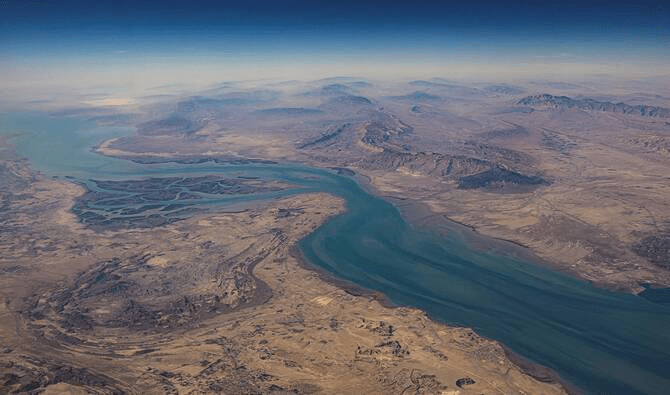Taxing solar panels & change in Net-metering policy hurts solar growth and environment experts warn
Karachi: The imposition of General Sales Tax (GST) on import of solar panels, regardless of the final tax rate decided by the federal government, will not slow down Pakistan’s accelerating transition to renewable energy. This progress is driven by the unwavering commitment of end-consumers and businesses dedicated to improving environmental conditions and reducing the carbon footprint of Pakistan’s power sector.
This was the collective view expressed by clean energy experts, industrialists, climate activists, and renewable energy traders during a webinar examining the federal government’s recent budgetary proposal to impose GST on solar panels. The proposed measure aims to encourage local manufacturing of renewable solar panels.
The webinar, titled “Taxing the Sun: Will Solar Still Shine in Pakistan?”, was jointly organised by Energy Update and Pakistan Solar Association (PSA).
PSA Chairman Waqas Moosa opened the discussion by thanking environmental advocates and non-governmental organisations for their continued support of solar energy adoption by households and commercial users. He emphasised that shifting to solar power is a critical means to reduce dependence on polluting fossil fuels.
Moosa highlighted that the decade from 2020 to 2030 has been globally recognised as a pivotal era for transitioning to clean energy. He predicted that Pakistani consumers would persist in embracing solar energy to power their homes and businesses, regardless of the added cost from GST.
He cautioned, however, that Pakistan’s local industry is not yet sufficiently developed to meet the growing demand for advanced solar panels in adequate quantity. As such, relying solely on local production at this stage could risk stalling progress.
Moosa called for a national awareness campaign to encourage industrial users to adopt solar solutions, enabling them to cut emissions and gain better access to international markets where sustainably produced goods are increasingly in demand.
He strongly criticised the proposal to tax imported solar panels, calling it a serious setback to Pakistan’s efforts in combating the climate crisis.
“Whether or not a tax is implemented”, he said, “domestic consumers will continue shifting to solar energy due to persistent power shortages and unaffordable electricity tariffs from the national grid.”
Muhammad Zakar Ali, CEO of Inverex Solar Energy, echoed this sentiment. He said that the vast majority of electricity users in Pakistan now understand the long-term value of clean energy and will continue to transition away from grid-supplied electricity, regardless of tax implications.
Ali argued that Pakistan needs a minimum of 18 to 24 months to establish a viable local industry capable of producing clean energy equipment at scale. Imposing a tax prematurely, he warned, could deter both domestic and international investors.
He further noted that high electricity tariffs for industrial users could discourage investment in solar panel manufacturing plants. He, however, remained optimistic, predicting that prospective Chinese investors would soon launch joint ventures with Pakistani industrialists to set up such facilities.
Ali explained that establishing local solar panel manufacturing plants could lead to the development of five supporting vendor industries, significantly boosting the clean energy supply chain in Pakistan.
He also urged both federal and provincial governments to expedite initiatives for installing solar systems on the rooftops of public sector buildings and government offices.
Dr Khalid Waleed, Research Associate at the Sustainable Development Policy Institute (SDPI), said the surge in rooftop solar installations in urban centres presents an opportunity for Pakistan to earn carbon credits on the global climate finance market.
Halima Khan of Energy Update described the solar transition as one of the most practical strategies for Pakistan to reduce fossil fuel consumption and meet its sustainability goals.
Naeem Qureshi, Managing Editor of Energy Update, expressed appreciation for Sindh Energy Minister Syed Nasir Hussain Shah for vocally opposing the federal government’s proposed tax on imported solar panels and changes to the net-metering tariff regime. He commended the Sindh government’s partnership with the World Bank in promoting rooftop solar installations on public buildings to reduce dependence on conventional energy sources.
Former vice President Karachi Chamber of Commerce and Industry Tanveer Barry pointed out that while Pakistan’s installed electricity generation capacity exceeds 45,000 megawatts, only around 27,000 megawatts are currently deliverable to end-users due to the outdated and overburdened transmission infrastructure.
Barry also highlighted the immense untapped potential for solar energy adoption among off-grid rural households and agricultural communities across the country.
Nadeem Ashraf CMO Energy Update also spoke during the session and delivered the vote of thanks to the participants and guest speakers for their valuable insights.







